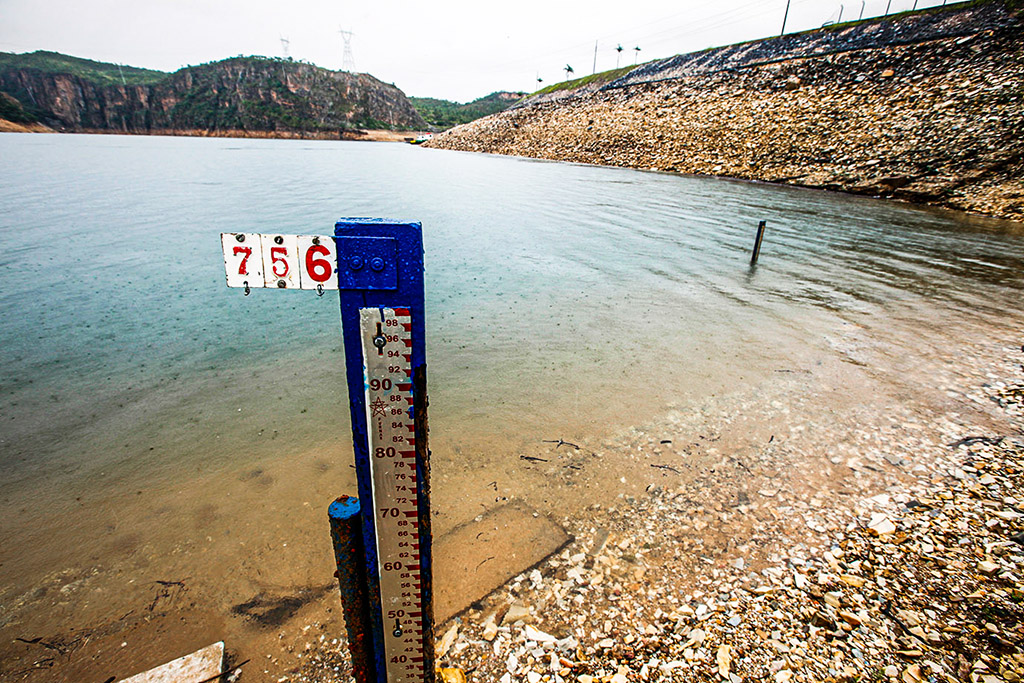RIO DE JANEIRO, BRAZIL – The reservoirs of the hydroelectric plants of the Southeast/Central-West subsystem reached the dry period with a level of water storage not seen since 2012, said on April 11, the director-general of the National System Operator (ONS), Luiz Ciocchi.
According to ONS, the reservoirs of the Southeast/Central-West subsystem, the largest in the country, begin the dry period, in April, with 63% of water storage, against 35% in the previous year. In 2021 the subsystem reached 76% complete in April.
According to him, for this reason, the high price of fossil fuels, pulled by the war between Russia and Ukraine, should not affect the sector as much as it would have last year, when all thermoelectric plants in the country were activated, including the most expensive ones.

“We will have much reduced thermal dispatch this year, and the signaling from the agents that there won’t be this supply problem, we can be tranquil. If this conflict had happened last year, we would have a very complicated situation,” said Ciocchi.
For 2023, the executive observed that, although there is no crystal ball and the sector depends on rainfall, which is not predictable in the long term, the expectation is that it will be an even better year than this one in terms of energy supply.
“There is a lot of new generation coming in, many transmission lines coming in, so in 2023, we will be better off than this year. If the reservoirs are kept at these levels, 2023 will be even better than this year, but subject to rain and thunderstorms,” he joked.
Ciocchi was optimistic and evaluated that Brazil will not have water shortage problems this year like last year due to a more favorable humid period than in 2021.
“We have reservoirs in good conditions, and we will only have thermal dispatches in the merit order; we will need something in September or October, but in the merit order, the expectation is to spend this whole year with the green flag,” said Ciocchi.
The dispatch within the merit order means that it will not be necessary to activate more expensive thermoelectric plants, as occurred last year, to ensure the security of supply.
He explained that the reservoirs of the hydroelectric plants reached storage levels at the end of the humid period as not seen for a long time, which should guarantee a more tranquil year for the final consumer.
The Southern subsystem still worries, according to Ciocchi, but the April rains are above expectations, which should also improve the water storage level in that region.
With information from Estadão

